The Dhaka Metropolitan Police (DMP) has issued an order requiring police officers to obtain authorisation from higher authorities before arresting any suspect in cases linked to the last year`s Anti-discrimination Student Movement.
The order, signed by Joint Commissioner Faruq Hossain and circulated on Thursday, also instructs officers to present concrete evidence, including witness accounts, video or audio footage, photographs, or mobile call records, before making any arrests—whether the accused are named in the original complaint or identified during investigation, reports bdnews24.com.
It also said, “Without such evidence and authorisation, no named or identified suspect in Anti-discrimination protest cases should be arrested.”
Speaking to bdnews24.com, Faruk confirmed the directive and said: “We always try to be transparent. Our goal is to ensure that no innocent person is harassed while real offenders are not spared.”
Although the law gives investigating officers the power to arrest and submit reports, repeated instructions have been issued by both police and the government to avoid arbitrary arrests in cases arising from the Anti-discrimination Movement, many of which name thousands of accused without clear evidence.
After the fall of Sheikh Hasina`s government amid the Anti-discrimination Student Movement, a wave of cases swept across the country.
In each case, thousands of individuals have been named as accused, many of whom, according to initial investigations, appear to have no links to the incidents.
More than 1,500 such cases have been filed nationwide.
Accusations include naming not just former prime minister Sheikh Hasina and local Awami League leaders, but also rivals of the complainants.
The cases have been widely criticised for being used as a tool to harass opponents, with allegations of widespread extortion linked to listing and arresting accused individuals.
In response, senior officials from both the police and the government have repeatedly emphasised that arrests will not be made solely based on being named in a case.
On Sept 10, Police Headquarters issued an order saying that no government official or employee should be arrested without solid evidence.
The instruction also suggested that names of individuals not found to be involved during preliminary investigations in protest cases should be dropped.
Home Advisor Jahangir Alam Chowdhury also cautioned against indiscriminate arrests and said being accused in a case does not automatically justify arrest.
On Oct 5, during an event in Uttara, the advisor reiterated: “A case filing doesn’t automatically warrant an arrest. There must be a proper investigation. Legal action will follow only when someone is proven guilty.”


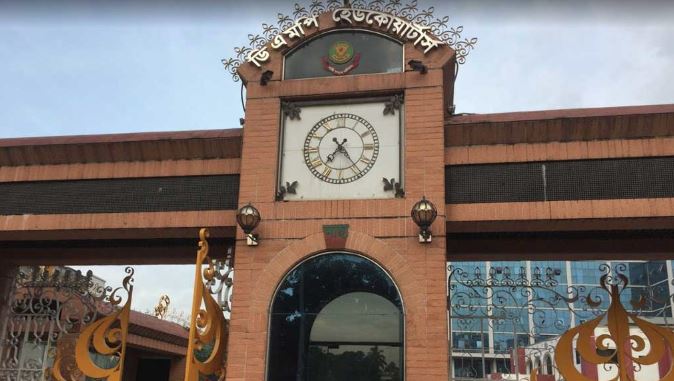

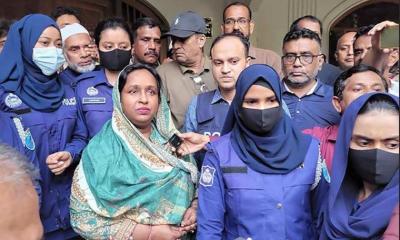
-20260228063029.jpg)
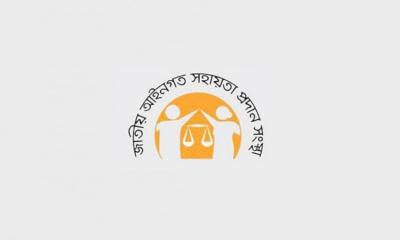
-20260223074941.jpeg)
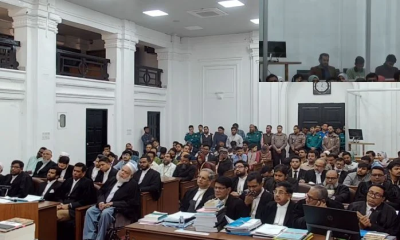
-20260121062240.jpg)
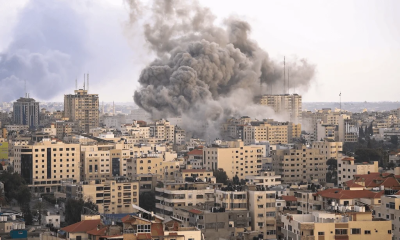


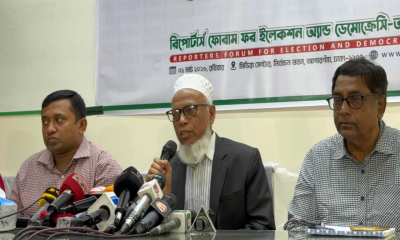



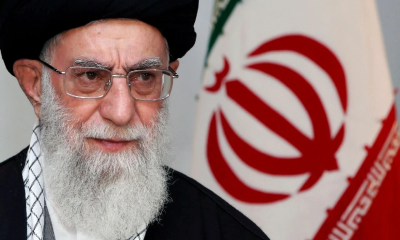
-20260301064029.webp)
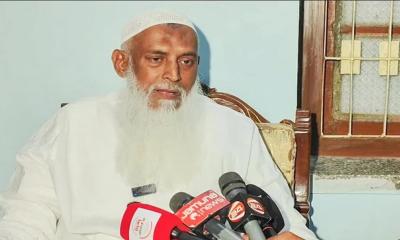
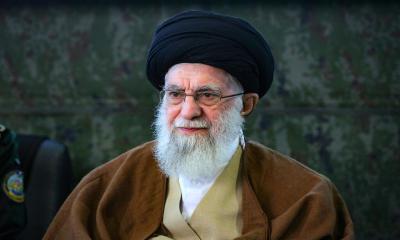
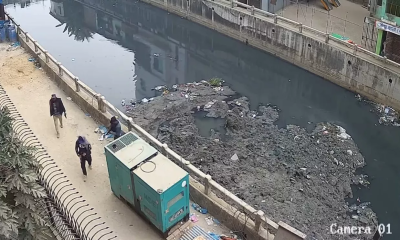
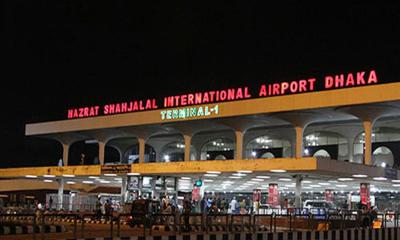

-20260228080513.webp)





-20260224075258.webp)






-20260225072312.webp)
